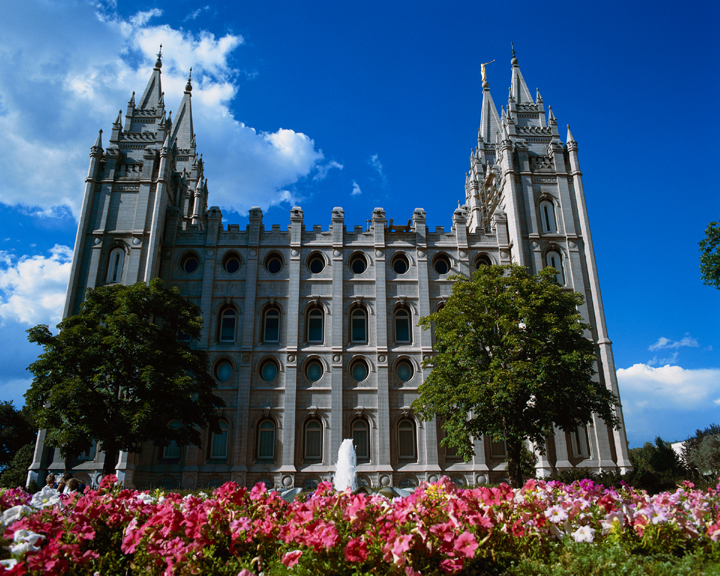
Is the clergy housing allowance unconstitutional?
IRFA’s sphere of service is faith-based service organizations, not churches and clergy, but only because of a division of labor. Faith-based services (schools, adoption agencies, etc.) are just a different expression of the religions that are also expressed in various houses of worship.
When secular-minded judges and activists take aim at the religious freedom of churches and clergy, you can be sure they will be even more opposed to the religious freedom of faith-based services-which they often argue are not really religious and thus ought to be treated the same as secular services. So the recent ruling by Judge Barbara Crabb in a Wisconsin case that the clergy housing exemption is unconstitutional because it privileges religion is one of those small clouds in the sky that proponents of faith-based services should notice. Would a judge with this mindset regard a religious exemption that enables a faith-based service to be faithful to its religious convictions also to be an unconstitutional “privilege”?
But there is no reason to overreact: Judge Crabb in 2010 ruled that the National Day of Prayer is unconstitutional, but the 7th Circuit appeals court unanimously threw out her decision. Moreover, precedent is against her in the current case, as a commentary from the Baptist Joint Committee for Religious Liberty, notes:
“In a statement following Judge Crabb’s ruling, [BJC executive director Brent] Walker recalls that religion-specific exemptions have been upheld by the Supreme Court in the past as expressions of government neutrality that are within the government’s discretion under the First Amendment. ‘Although the Free Exercise Clause of the First Amendment does not require this accommodation, the First Amendment’s Establishment Clause does not forbid it either.'”
See also the coverage at ECFA.
